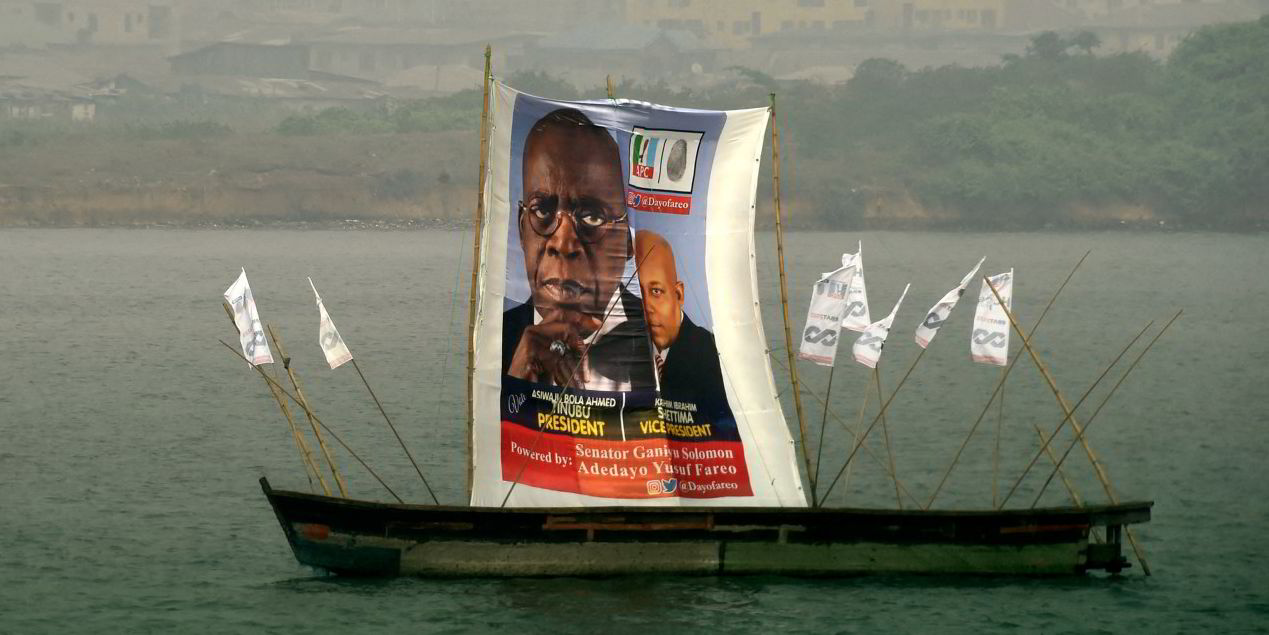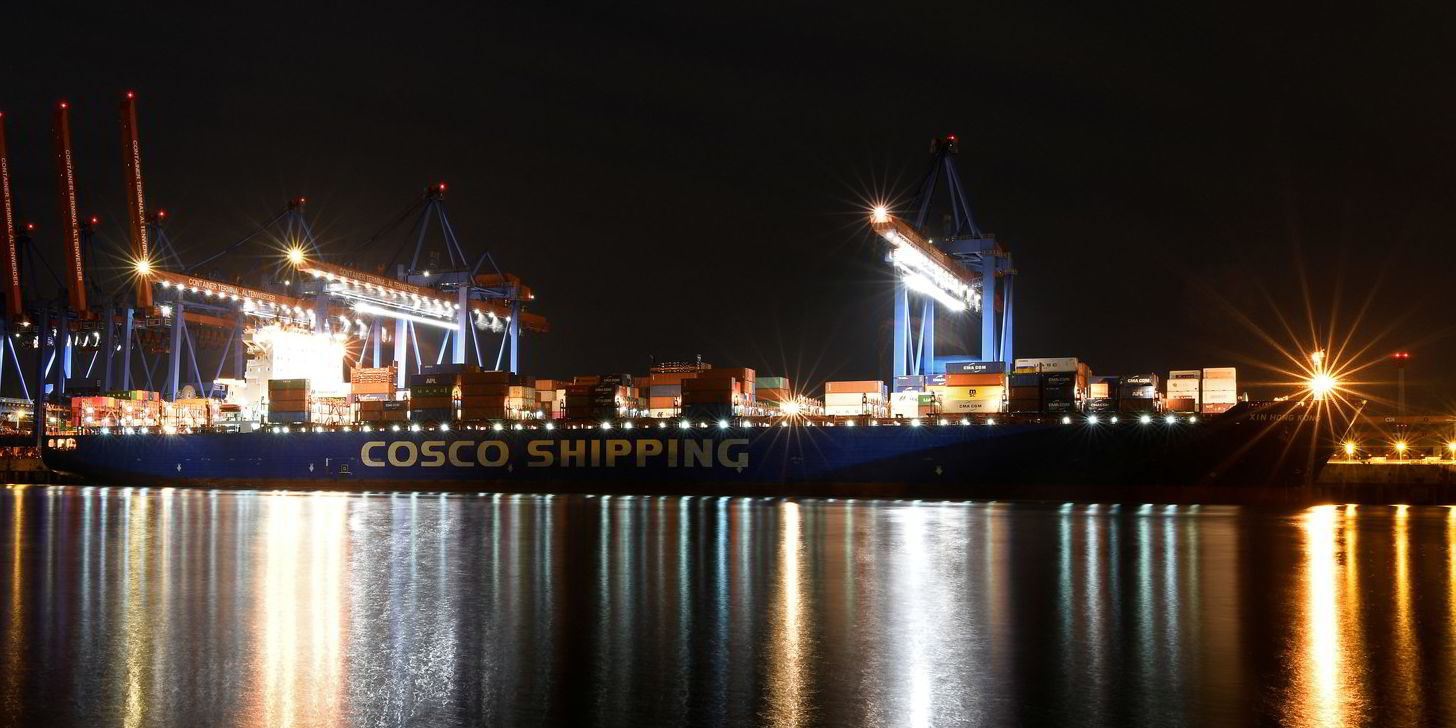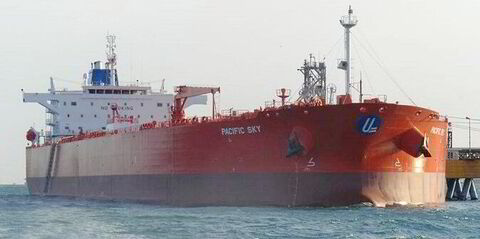Has shipping become the new industry for windfall taxes in the way the energy sector has been recently targeted?
The energy companies have been hit with hefty one-off or ongoing levies in Britain, Spain and other European Union nations.
Last year, amid the post-Covid lockdown boom in container shipping rates, regulators from the US to South Korea started legal action or imposed payments from dozens of liner operators — in this case alleging collusion on freight rates.
Now Nigeria has the shipping industry in its sights and there are claims that up to 1,000 vessels could be hit with millions of dollars in back taxes.
The Nigerian demands are built around a piece of legislation passed in 2004 but never since enforced.
The law allowed the Federal Inland Revenue Service to impose a tax on freight rate income and profit derived from transporting Nigerian oil.
Notices have now gone out from Abuja to individual shipowners with estimates on how much back tax is owed.
The move is just one of a number of major reforms implemented by the incoming President Bola Tinubu, supposedly to put Nigeria on a more financially sustainable footing.
Most notably, he has removed a fuel subsidy system that was popular on the ground but expensive for government and allegedly riddled with corruption.
He is also said to be determined to pay off a trading debt with oil companies, said to be close to $3bn.
Tinubu needs money for this and an early avenue is to implement the freight tax on oil cargoes.
One Greek tanker owner claims he had been asked to pay $18m on shipments that took place between 2011 and 2019.
Many shipping executives presumed these letters, asking for anywhere between $400,000 and $1m per ship, were some kind of scam.
But they are not — and it could be foolhardy to ignore them.

Shipping lawyer Stephen Askins estimates 977 crude tankers or gas carriers could be in line for tax claims.
“The industry needs to engage seriously with the authorities,” the partner at Tatham & Co told my colleague Gary Dixon.
“Because if enforcement action is taken and attachment orders issued by the local courts, then ships will find themselves detained, and that is never an easy process to resolve,” he added.
Nervousness around Nigeria has been heightened in recent times by the experiences of the 300,000-dwt Heroic Idun (built 2020).
This VLCC and its 26 seafarers have just been released from Nigeria after being detained for nine months on allegations of piracy and oil smuggling.
The owner of the vessel was forced to admit a maritime offence, pay a $15m fine and issue a public apology to obtain this freedom.
But the ship’s protection and indemnity insurance provider Gard described the seizure as “prolonged and wrongful”.
Shipbroker BRS said tanker owners were now avoiding Nigeria or charging a premium, which explains a sharp increase in freight rates from the region.
London-based shipbroker Howe Robinson said last week that rates from Bonny to Rotterdam were close to $80,000 per day, compared with an annual average of just over $60,000 daily.
The Nigerian authorities have been desperately trying to douse the flames by insisting there is no immediate question of ships being arrested.
Zacheus Adeji, special advisor to the Nigerian president on revenue, has reiterated that the tax law will be implemented.
But he has also made clear that the Nigerian economy depends on income from its oil production, and the government is now trying to ensure trade is not disrupted.
‘Grace period’
“We will … give a grace period of six months, when we will not enforce any of these laws, just to allow for reconciliation,” he was reported as saying by a variety of Nigerian media outlets.
“In essence, no vessel or ship will be detained or delayed. So, we give this six months break for them so that they can reconcile with this technical committee that we set up,” he added.
Yet reports have also circulated in recent days that up to half of the country’s oil output for next month is lying unsold because of concerns around port calls.
North Sea oil and gas companies say they are cutting investment due to the recent fiscal charges on them. Windfall taxes may be legitimate but they come with a price.(Copyright)





